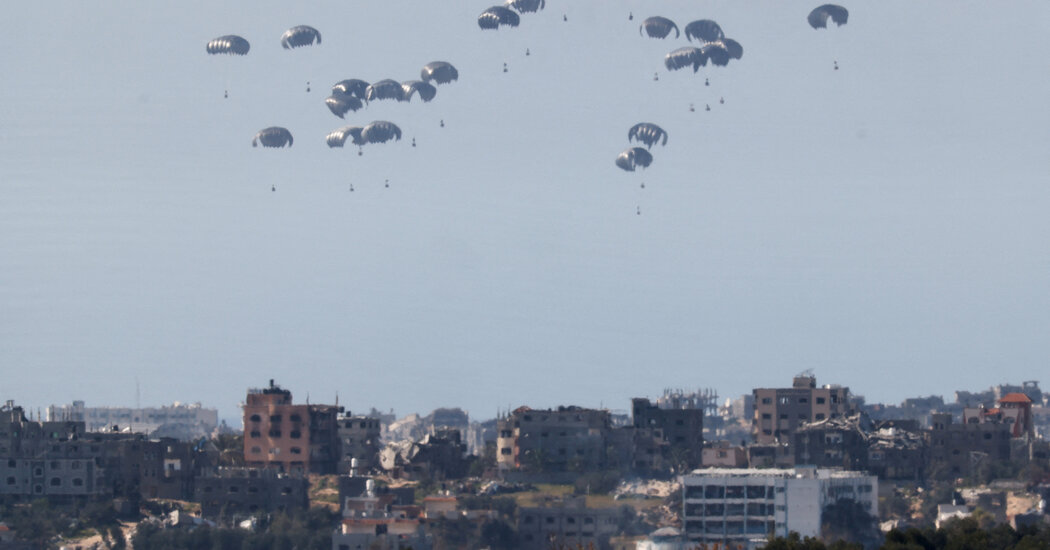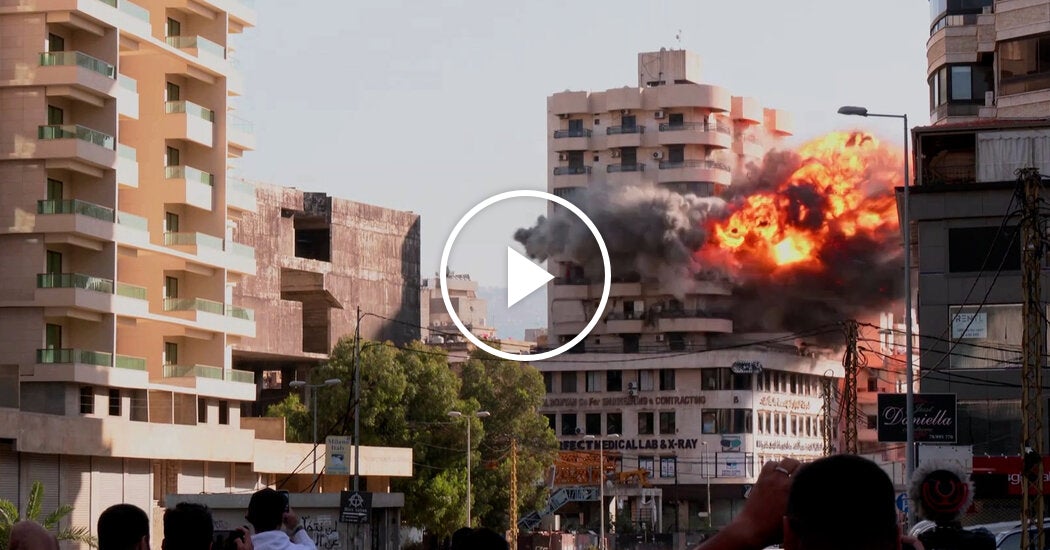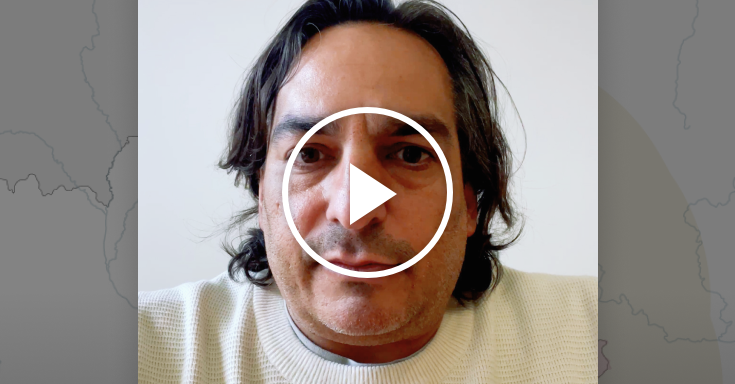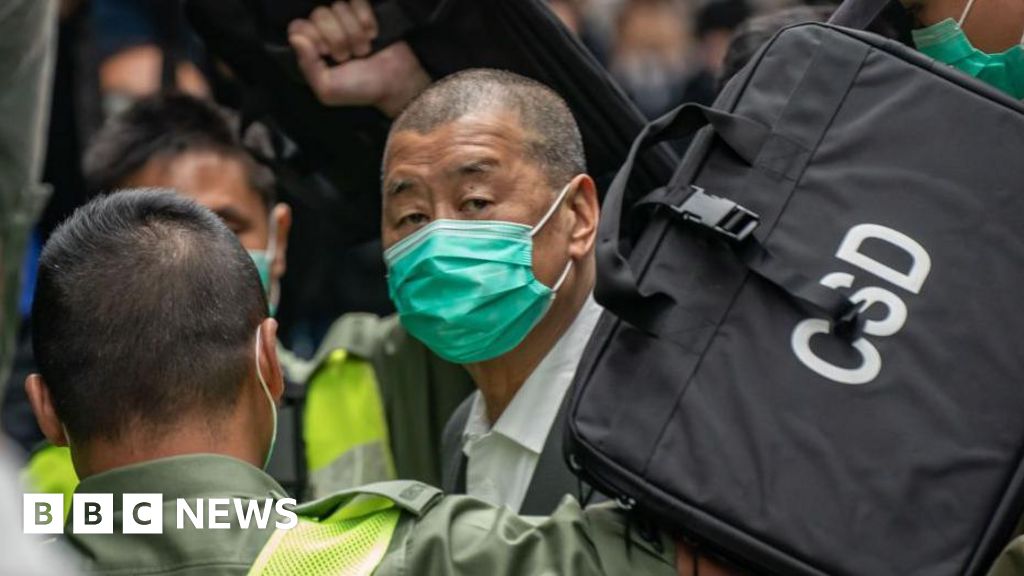Israelis largely welcomed a U.N. report that supported allegations of sexual violence during the Hamas-led Oct. 7 attack, even as a top Israeli official accused the United Nations of not doing enough to address the findings — a sign of the rising tensions between them.
The U.N. report, released on Monday, found both “reasonable grounds to believe” that sexual violence against multiple people had occurred in at least three locations in Israel, and “clear and convincing information” that hostages taken to Gaza on Oct. 7 had been subjected to sexual violence, including rape.
On Tuesday, President Isaac Herzog of Israel said on X that the report was “of immense importance,” and he lauded it for its “moral clarity and integrity.”
But Israel Katz, Israel’s foreign minister, accused the U.N. secretary general, António Guterres, in a social media post of making a concerted effort to “forget the report and avoid making the necessary decisions.” In protest, Mr. Katz recalled Israel’s representative to the United Nations, Gilad Erdan, for consultations — a step short of withdrawing the ambassador for a longer term. Mr. Erdan was on a plane back to Israel on Tuesday, he said.
A U.N. spokesman, Stéphane Dujarric, said he did not accept — or even understand — the criticism, and that the report was done “thoroughly and expeditiously” and that “in no way, shape or form did the secretary general do anything to ‘bury’ the report.” U.N. officials alerted journalists in advance of the report’s release and held a news conference to discuss it, and the report received extensive news coverage.
Mr. Guterres has been an outspoken critic of Israel’s invasion of the Gaza Strip and has been pushing for an immediate and binding cease-fire. And there is deep distrust of the United Nations among Israelis, who see the body as biased against their country — a fact that was noted in the report on Oct. 7.
In Cairo, negotiations for the release of hostages and a cease-fire ended on Tuesday with no breakthrough, according to both Israeli and Hamas officials. Hamas has insisted it would only agree to a cease-fire and an exchange of hostages for Palestinians held in Israeli prisons if Israeli forces withdraw completely from Gaza, a condition that Israeli leaders have rejected.
Osama Hamdan, a senior Hamas official, said Tuesday that the group had told Egyptian and Qatari mediators — Hamas and Israel do not officially speak with each other — that its position was unchanged.
The Biden Administration, which has been pushing more forcefully in recent days for an immediate cease-fire, has put the onus on Hamas.
President Biden said Tuesday cease-fire talks were “in the hands of Hamas right now.” He said that the Israelis, whose negotiators were not in Cairo, had “been cooperating” in the indirect talks, and that “a rational offer” had been made.
“We will know in a couple of days what’s going to happen,” Mr. Biden said as he returned to the White House from spending the weekend in Camp David preparing for his State of the Union speech on Thursday. “We need a cease-fire.”
Mr. Biden’s remarks echoed similar comments earlier in the day by Secretary of State Antony J. Blinken and on Monday by Vice President Kamala Harris.
As the fighting continues, food shortages have become more dire in Gaza. The United States made a second round of airdrops of aid into the territory on Tuesday, with U.S. Air Force cargo planes dropping 36,800 ready-to-eat meals in a joint operation with the Jordanian Air Force.
The first U.S. airdrop was Saturday, two days after more than 100 Palestinians were killed as Israeli forces opened fire on a crowd swarming around a convoy of aid trucks in northern Gaza. Doctors at Gaza hospitals said most of the casualties were from gunfire.
The Israeli military has said most of the victims on Thursday were trampled as they tried to seize the cargo, although Israeli officials acknowledged that troops had fired on some people who they said had threatened them.
A statement from U.N. rights experts, released by Office of the High Commissioner for Human Rights on Tuesday, described the bloodshed as a massacre and accused Israeli troops of killing at least 112 people and injuring some 760.
“Israel has been intentionally starving the Palestinian people in Gaza since 8 October,” it said, in some of the harshest language the United Nations has used since the war began. “Now it is targeting civilians seeking humanitarian aid and humanitarian convoys. Israel must end its campaign of starvation and targeting of civilians.”
After the convoy killings, President Biden said the United States would find new ways to get food and other supplies to Palestinians. Only a trickle of aid has been reaching northern Gaza via land, but aid groups have criticized airdrops as ineffective. The amount of aid delivered by a French plane in an airdrop last week was much less than a single truckload.
The Times of Israel reported Tuesday that Israel has begun bringing in aid through the border between Israel and northern Gaza, where the United Nations says the lack of food is extremely acute. Aid had only entered through two crossings in far southern Gaza, one from Egypt and one from Israel.
Fifteen children have died of malnutrition at a hospital in Gaza City, the United Nations said Tuesday, adding that figures could be higher in other hospitals.
At the same time, the death toll among Gazans from Israeli bombardments continues to rise. Gazan health authorities said Tuesday that nearly 100 Gazans were killed by Israeli forces over the previous 24 hours. The death toll after nearly five months of war is more than 30,000 people, it said, the majority women and children.
The U.N. report released on Monday was based on information collected in Israel and the occupied West Bank by a team of experts led by Pramila Patten, the secretary-general’s special representative on sexual violence in conflict.
The report noted that an array of fighters from Hamas and other groups took part in the Oct. 7 attack, and that U.N. experts, who spent two and a half weeks investigating in Israel and the West Bank, could not determine whether any who had committed sexual assaults belonged to specific factions. The report detailed significant challenges in determining what had happened, including the team’s limited time on the ground, the fact that overwhelmed Israeli authorities did not focus on collecting forensic evidence and the destruction of some evidence in fires.
Many in Israel nonetheless welcomed the report. Ruth Halperin-Kaddari, a law professor at Bar-Ilan University and women’s rights activist, said on Tuesday that she was confused by Mr. Katz’s decision to recall Mr. Erdan.
The U.N.’s report “serves as confirmation on the highest level of the fact that sexual violence and gender atrocities were indeed a part of Hamas’s attack on Oct. 7,” she said.
Israeli activists have in the past expressed frustration over what they considered to be the United Nations’ slow response to the accounts of sexual assault during the Oct. 7 attack. President Herzog’s wife, Michal Herzog, said on Israeli radio on Tuesday that the report was “the first time after five months that a senior U.N. official supports what we’ve been claiming in the past months.”
Hamas rejected the report, calling the findings false.
The Hostages and Missing Families Forum, a group representing families of the Israeli captives, said in a statement Monday night that the U.N. report made it “glaringly obvious that the female hostages are going through hell every moment, every minute.”
Israelis “will not forgive Prime Minister Benjamin Netanyahu and the cabinet” if they fail to bring the hostages home, the group said.
Reporting was contributed by Michael D. Shear, Victoria Kim, Farnaz Fassihi and Adam Rasgon.










